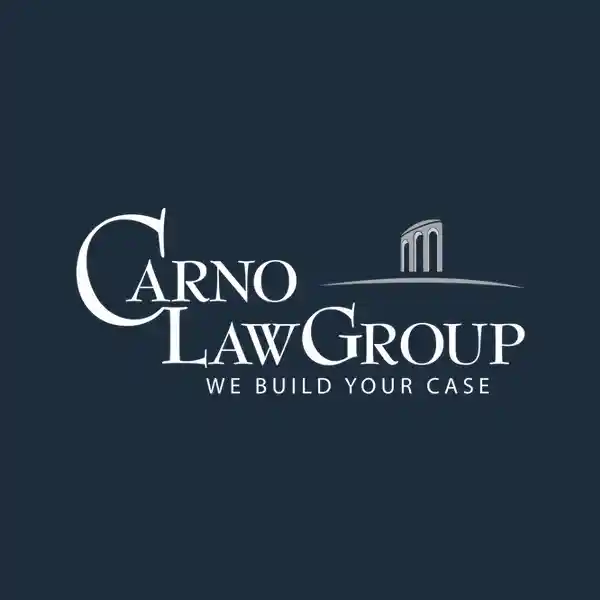Contact Us
Phone: 949-540-0320
Location
Laguna Hills Civic Center Building
24031 El Toro Road
Suite 260
Laguna Hills, CA 92653
Hours
- Mon - Fri
- -
- Sat - Sun
- Closed
What Are the Requirements for Sending a Stop Payment Notice?
What Are the Requirements for Sending a Stop Payment Notice?
In the construction industry, receiving timely payment is crucial for subcontractors and suppliers. However, when payment delays occur, legal tools like stop payment notices can offer a remedy. These notices are powerful tools for ensuring that funds owed are secured and that projects can continue without financial disruptions. Understanding the requirements for sending a stop payment notice can help protect your interests and avoid costly mistakes.
What Is a Stop Payment Notice?
A stop payment notice is a legal mechanism used by subcontractors or suppliers to inform property owners, general contractors, or lenders that they have not received payment for their work or materials. The notice demands that payment be withheld from the general contractor until the unpaid party is compensated. Unlike a mechanic’s lien, which is tied to the property itself, a stop payment notice addresses funds owed for the work performed.
Preliminary Notice Requirements
Before sending a stop payment notice, you must typically send a preliminary notice. This step is a prerequisite in most cases and informs the relevant parties of the amount owed and the intention to issue a stop payment notice if payment is not made. Sending the preliminary notice ensures that your claim is properly documented and that your rights to send a stop payment notice remain valid.
Timing Is Crucial
The timing of a stop payment notice is critical. To be effective, the notice must be sent before the general contractor has been paid in full for the project. Once full payment has been made, a stop payment notice will no longer be valid. Sending the notice early in the construction process maximizes the likelihood of payment being withheld until your claim is resolved.
No Need for Property Recording
Unlike a mechanic’s lien, a stop payment notice does not require you to file any paperwork with property records. This simplifies the process, allowing you to focus on securing the payment without additional legal procedures. However, it is essential to follow the correct steps to ensure the notice is legally valid.
Legal Assistance Is Important
Navigating the requirements for sending a stop payment notice can be complex. Working with a knowledgeable attorney who understands construction law can ensure that your notice is properly drafted and delivered within the required time frame. The right legal guidance can make a significant difference in the success of your claim.
If you are a subcontractor or supplier facing non-payment issues, a stop payment notice could be a vital tool for securing the funds you are owed. By understanding the requirements and timing involved, and with the assistance of a skilled attorney, you can protect your interests and avoid financial disruptions. Reach out to the Carno Law Group today to ensure your rights are safeguarded in every step of the process.





Schedule a Case Evaluation
Contact us now!
Homepage FCE Form
We will get back to you as soon as possible.
Please try again later.
By submitting this form, you agree to be contacted by our law firm, either by phone, text or by email.
Practice Areas
- Payment Rights: Mechanic’s Lien; Stop Payment Notice; Payment Bond Claims
- Delay/Accelerator Claims
- Indemnity & Insurance Claims
- DBE/WBE/MBE/SBE/DVBE Certification
- Federal Contracts
- Business Formation (Corporation/Partnership/LLC)
Hours
- Mon - Fri
- -
- Sat - Sun
- Closed
Contact Information
Phone: 949-540-0320
Laguna Hills Civic Center Building
24031 El Toro Road
Suite 260
Laguna Hills, CA 92653
Disclaimer: The materials available on this website are for informational purposes only and not for the purpose of providing legal advice. You should contact your attorney to obtain advice with respect to any particular issue. Use of and access to this website or any of the email links contained within the site do not create an attorney-client relationship between Carno Law Group and the user or browser. This website constitutes an attorney advertisement pursuant to Rule 1-400 of the California State Bar's Rules of Professional Conduct.
All Rights Reserved | Carno Law Group | Powered By Convert It Marketing | Privacy Policy
All Rights Reserved | Carno Law Group | Powered By Convert It Marketing | Privacy Policy
